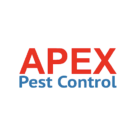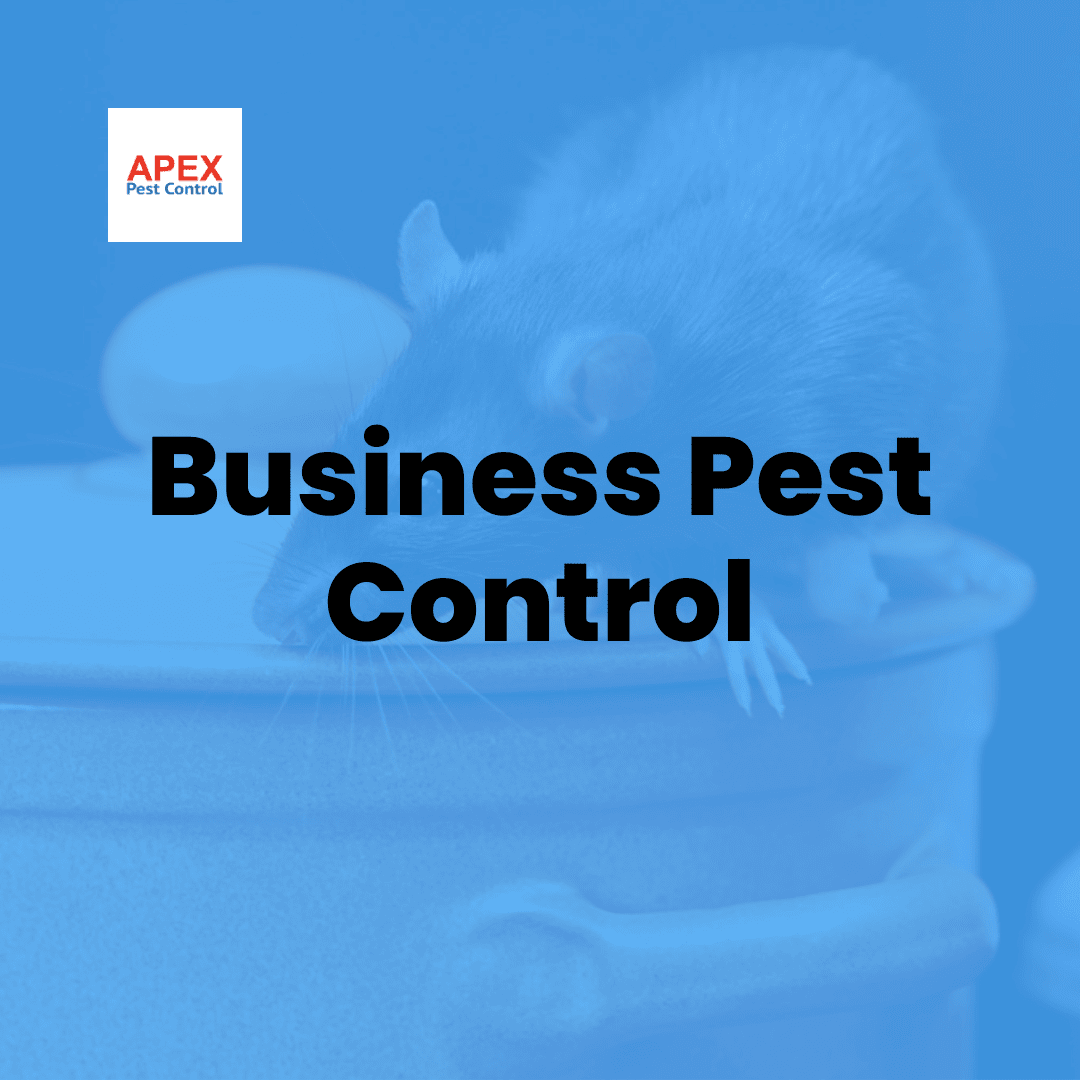What You Need To Know About Business Pest Control
Before you start a commercial pest control business, you need to understand the basic functionalities of how to provide pest control services such as cockroach control, rodent control, bird control, bird pests, flies control, bed bug control, early detection, heat treatments, dead animal removal, flea treatments, spider control, squirrel control, fleas control, woodworm treatment, carpet beetle, and many more.
During an initial inspection, pest control services should look into the clientele’s property, including pipes, vents, and duct areas. You should be ready to give details about the business’s history, such as the events that triggered the infestation and the common pest problems that are evident in the UK. Listed below are some of the common knowledge you need to know before starting a business pest control. For more information about domestic pest control business, please contact us!
Are Pest Control Licences Required In The UK?

Do you need a licence to run a pest control business in the UK? You’ll need a Specified Certificate in the Use of Pesticides (SPUC) in order to eradicate pest problems. This certificate is issued by the National Proficiency Tests Council, and it will last for four years. It is important to ensure that you have adequate training and are properly licenced for commercial pest control.
There are three types of licences available in the UK. These cover low-risk pest control work and those posing a risk to protected pest species. These types of licences cover pest activity, such as releasing non-native bumblebees for research. You also need an individual licence if you plan to conduct certain types of activities that may impact protected pest species.
You can check the list of activities here. You’ll also need an organizational licence if you plan to work with protected pest species regularly.
In food production, food hygiene is always the number one priority. If you have pests in your business, there’s a high chance of having contaminated food in the food you deliver. Food pests affect food hygiene in businesses by feeding on food stored in storage.
These insects can wreak havoc in a food preparation area and may require removal. Some pests, such as cockroaches, are dangerous to humans and are protected by legislation. Those who work in the food industry may also have a high risk of contracting a disease that will compromise public health. Not only that, it could also ruin your reputation, cause damage, and spread disease.
What Are The 3 Methods Of Pest Control?

Pest control, also known as exclusion, is a process of eliminating unwanted visitors. Pests infest business premises, yards, gardens, and even homes. Some of them carry diseases, while others can also damage commercial premises. According to the Britannica dictionary, pests are organisms that pose a threat to humans, public health, other living things, or things related to them. When pests infest a building, they create an unhealthy and unpleasant environment.
Pesticides are chemicals that kill or inhibit the growth of insects, rodents, and other insects. Pesticides come in many forms, such as insecticides and herbicides. Each pesticide has a unique application, but most are based on their specific target.
Insecticides, for example, are most commonly used to combat insects, whereas herbicides are used to treat plants and fungi. Then, there are chemosterilants, which interfere with the growth and reproduction of pests.
Another way to attract customers is to build a strong relationship with property owners. Once a business has successfully eliminated pests, word-of-mouth spreads, and word-of-mouth advertising is the best way to generate business. To help your customers know about the services you offer, develop a website that offers valuable information about pest control. Include SEO-friendly blog posts, videos, social media links, and customer reviews to give your customers information on how to prevent pests from returning.
Why Start A Pest Control Business?

If you’re thinking of starting a business in pest control, there are many reasons you might be interested in this sector. Many pest control businesses have a niche market, such as residential or commercial properties. In order to increase your chances of success, choose a particular type of pest problem to focus on. You will also need special chemicals and gear to combat a specific pest problem. Here are some tips for starting a pest control business.
As with any business, starting a pest control business requires some initial capital. The costs can include licencing fees, pesticide application training, uniforms, marketing and branding, and your own personal savings. It takes a lot of work and investment, but the rewards are worthwhile. In addition to ensuring that your business has a high level of success, you can build a team and positively impact the community.
How Much Should Pest Control Cost?

The price of commercial pest control services varies considerably depending on the type of pests and the extent of the pest infestation. More expensive treatments can eliminate a large infestation in a single treatment, whereas cheaper treatments may require several visits.
More effective treatment methods are also usually expensive. The size of the business building, type of pest control and the region in which it’s located are all factors that determine price. However, these factors are not always indicative of actual costs.
For example, commercial pest control companies will need a truck for transportation. They’ll also need fogging and spraying equipment and safety equipment such as respirators. One gallon sprayer or foamer costs around £200, and a respirator will set you back around £100. You’ll also need office supplies and a good laptop and printer. Lastly, you’ll need field routing software for your commercial pest control company.
How Do You Handle A Pest Control Business?

If you’re starting a pest control business, there are many things you’ll need to consider. One important factor is insurance and commercial pest control contracts. You could accidentally spill a chemical or stain a client’s property. You could also miss something and be held responsible for a lawsuit.
You’ll need to invest in business insurance, auto insurance, and a pest control contract, and you’ll need to hire a certified technician if you’re going to work in a client’s home or business. It’s a good idea to research your options before signing on the dotted line.
Another thing to consider is pricing. Despite the high cost of pest control, many local businesses don’t charge enough for their services. You might be tempted to charge too little if you want to make a profit, but this can lead to unhappy clients and an unhappy business.
You should always strive to set a price that matches the value of your services and always abide by what price you place on your pest control contract. By charging a fair price, you can earn a decent profit.
Which Is The Best Method For Pest Control?
When it comes to the most effective pest control business method, there are many factors that need to be considered. The most important factor is the budget. Many business owners overspend on pest control solutions because they are hesitant to cut corners. There are several different options available, and one of the most effective ones is the combination of chemicals and a trained technician. However, both of these options can result in expensive and hazardous situations.
Keeping office cleanliness is crucial when it comes to preventing pest infestations of rodents and insects. Pests can breed on the leftovers of food. The toilet and drains should be kept free of debris and food scraps. If possible, keep the dumpsters away from entryways and entrances. A neglected garden is a major breeding ground for pests. It is best to call a pest control firm if you notice any of these issues.
What Is The British Pest Control Association?

The British Pest Control Association is a non-profit association representing more than 750 organisations and 3500 individuals in the pest control industry. Members enjoy a range of benefits, including free Contractors Health and Safety Assessment Scheme registration, sample documentation and access to the Find a Pest
Controller directory. As a member, you’ll also benefit from BPCA education and training resources, including the A to Z of Pests, a reference guide to all of the different types of pests and the risks they pose to public health. The BPCA also promotes the highest standards of professionalism and provides a wealth of knowledge to its members.
The BPCA’s website is packed with valuable information about pest control solutions, including how to choose a company. PestAware is a monthly blog series focusing on various aspects of pest control. The BPCA also publishes a monthly magazine and a directory of BPCA members.
Do Pest Control Businesses Need Integrated Pest Management?

Integrating pest management is an important component of your business when it comes to controlling pests. This method entails a combination of physical controls and methods to reduce the clientele’s pest problem and detect signs of pests. Physical controls work by preventing pests from entering a space, erecting barriers, or physically trapping them.
Chemical controls, on the other hand, are used to treat pests that have already invaded a space. Integrated Pest Management involves a holistic approach to pest control solutions and requires a great deal of time and expertise.
Pesticides are a last resort, and this type of pest management relies on current knowledge about the life cycle of pests. Integrated pest management strategies use pest prevention measures, such as non-chemical methods, to prevent and minimise the spread of pests. While pesticides may be a necessary part of this process, they are generally only used when other methods fail.
Additionally, it reduces the risk of contaminants entering the environment, including groundwater.
Apex Pest Control
If you require more information about domestic pest control business in the UK, please contact us at Apex Pest Control!

Tony Johnson, Founder & Lead Technician at Apex Pest Control, is a BPCA and NPTA accredited pest management expert with over 35 years’ hands-on experience. Tony specialises in Integrated Pest Management and ensures all services comply with UK pest legislation, including the Wildlife and Countryside Act 1981 and COSHH Regulations 2002. His commitment to continual learning and adapting to industry best practices means clients receive effective, safe solutions for pests affecting homes and businesses across South Yorkshire. Tony’s dedication to professional standards, ethical treatment methods, and local expertise has made him a trusted partner for pest control and prevention.
-
BPCA & NPTA accredited | CHAS certified
-
Committed to UK pest law compliance & safety
-
Focused on effective, ethical pest management for South Yorkshire


